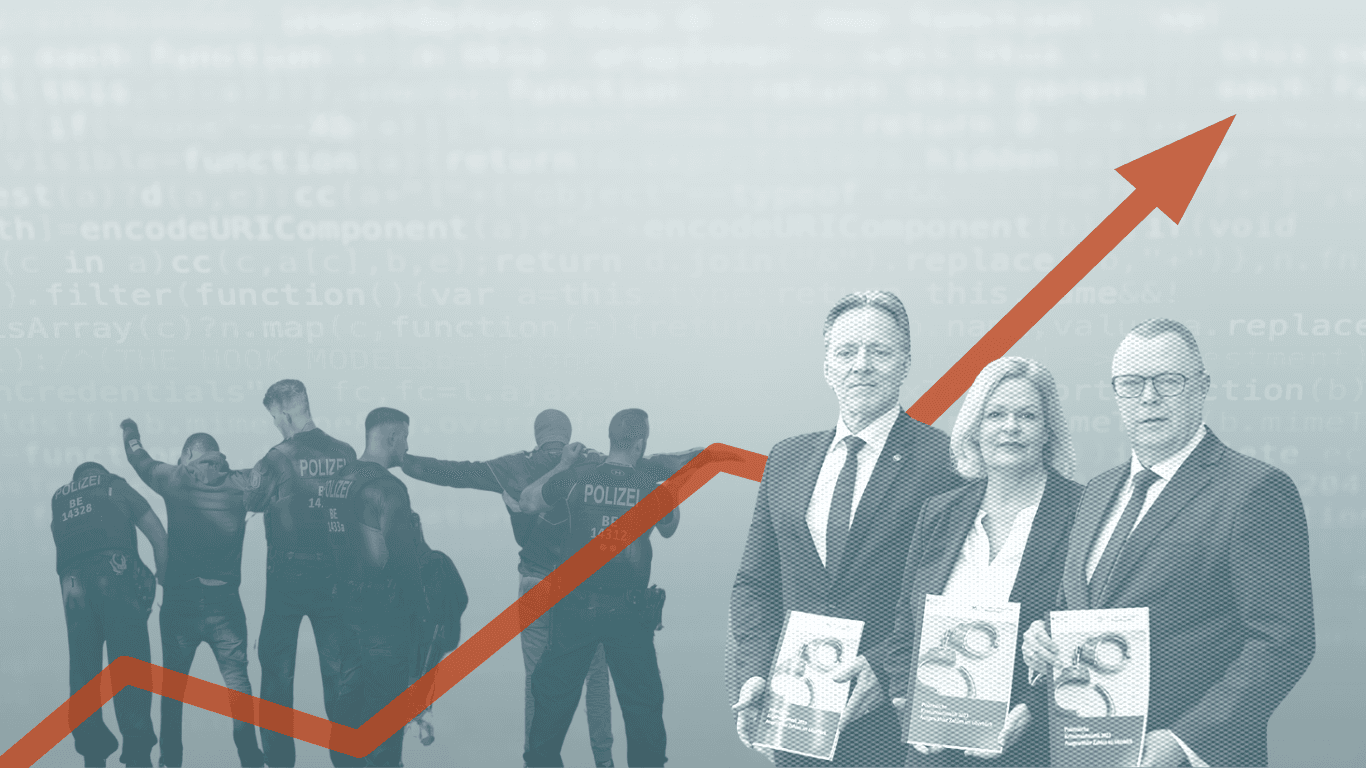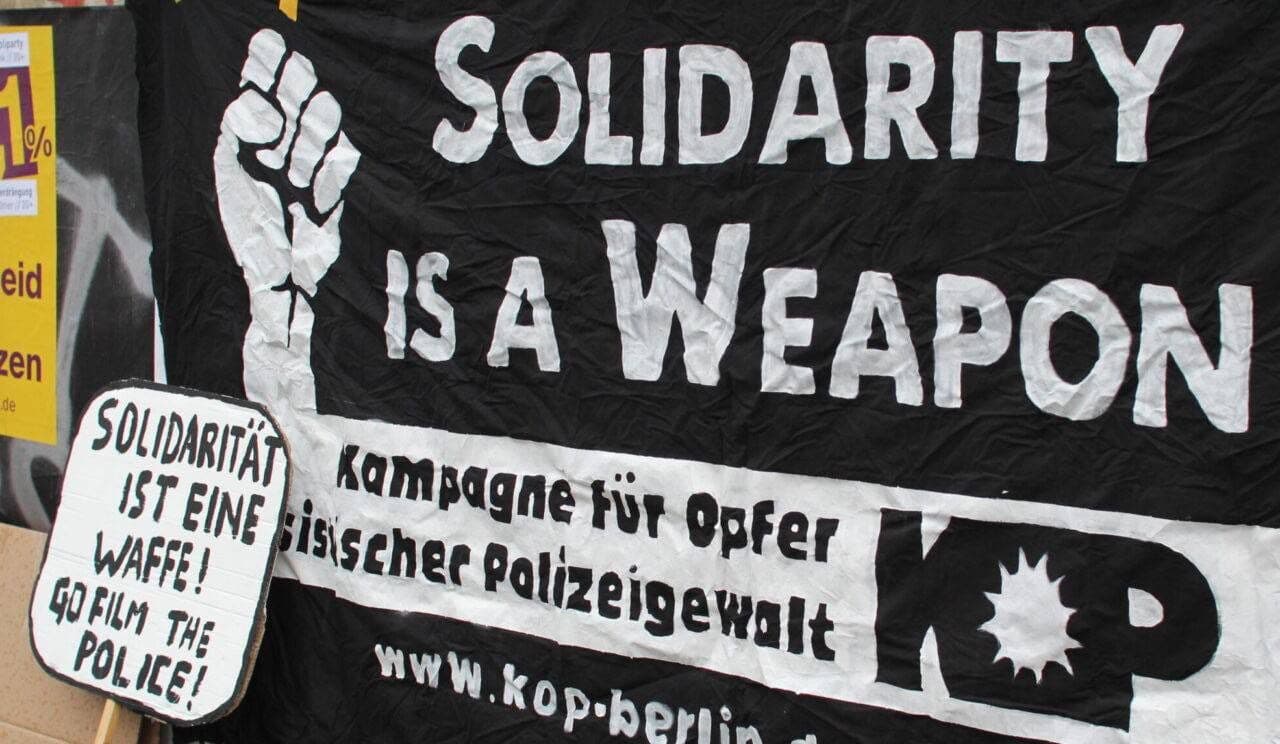Case 11
| Case Number | 11 |
| Charge | Drug Offense |
| Defense Attorney Present | Yes |
| Interpreter Present | No |
| Racialized Person | Yes |
| Outcome | Other Outcomes |
With the help of strong defense counsel, a man’s charges for possession of very small quantities of cannabis are dropped. Why he was criminalized for such a small amount – given Berlin’s guidelines not to pursue such cases and impending legalization of possession of much higher quantities – is not discussed, nor any racial profiling that may have preceded his arrest.
This was a rare case in which we learned of charges being dropped. For us, despite the positive outcome for the person, the case raised questions, including whether racial profiling and discrimination played a role in this person being controlled by the police and then criminalized for this offense. We know that because of racial profiling and the focus on so-called police-defined “hotspots”—many of which are in migrantized or racialized neighborhoods—that a person of color being punished for possession of cannabis is more likely, despite similar rates of drug use among white Germans.1 Because the case was dismissed—and because the court rarely questions policing practices that lead people to the court—these preceding injustices remain hidden.
Our courtwatcher hears about the case from an attorney we know. Because of long lines to enter the court, both the courtwatcher and defendant miss the very short proceedings during which the defense attorney convinces the court to drop the charges.
The defendant had been charged with possession of under one gram of cannabis, a very small amount. Under current legislation (not in effect at the time), possession of up to 25 grams is legal. Under Berlin guidelines at the time of the offense, prosecutors do not pursue criminal charges for such low quantities of cannabis unless they are found in specific locations such as around a school. In this case, the attorney reports that he was able to draw on these guidelines and remind the court that the cannabis was not found in one of these designated locations.
Citations
- 1
Orth, B. & Merkel, C. (2022). “Der Substanzkonsum Jugendlicher und junger Erwachsener in Deutschland. Ergebnisse des Alkoholsurveys 2021 zu Alkohol, Rauchen, Cannabis und Trends.” BZgA-Forschungsbericht. Köln: Bundeszentrale für gesundheitliche Aufklärung, https://doi.org/10.17623/BZGA:Q3-ALKSY21-DE-1.0.


